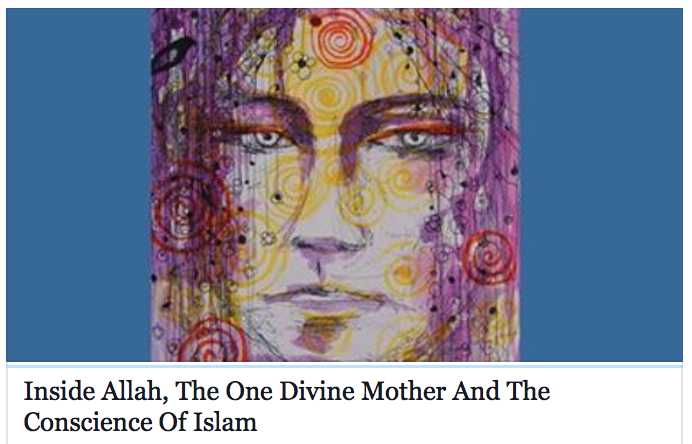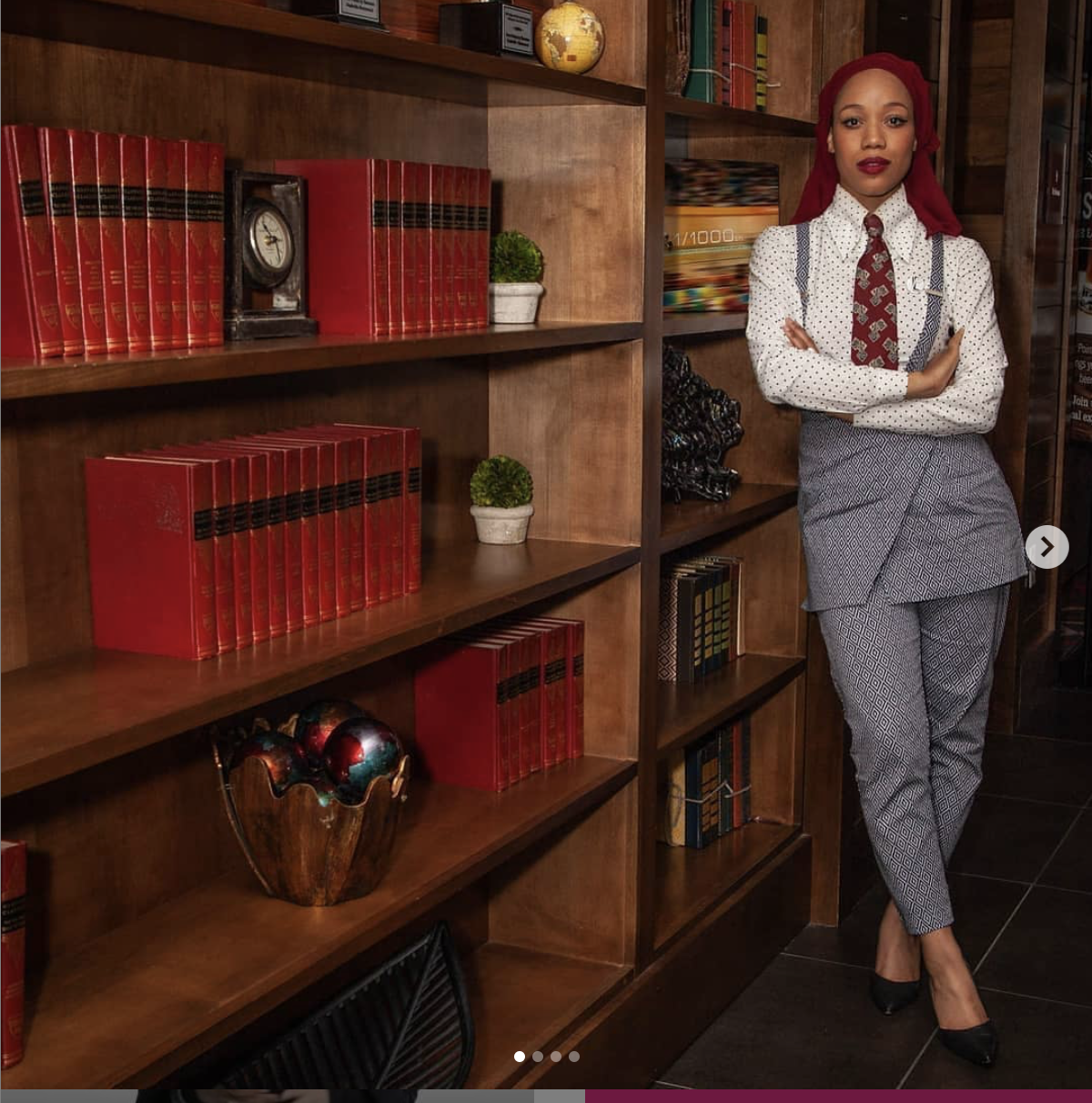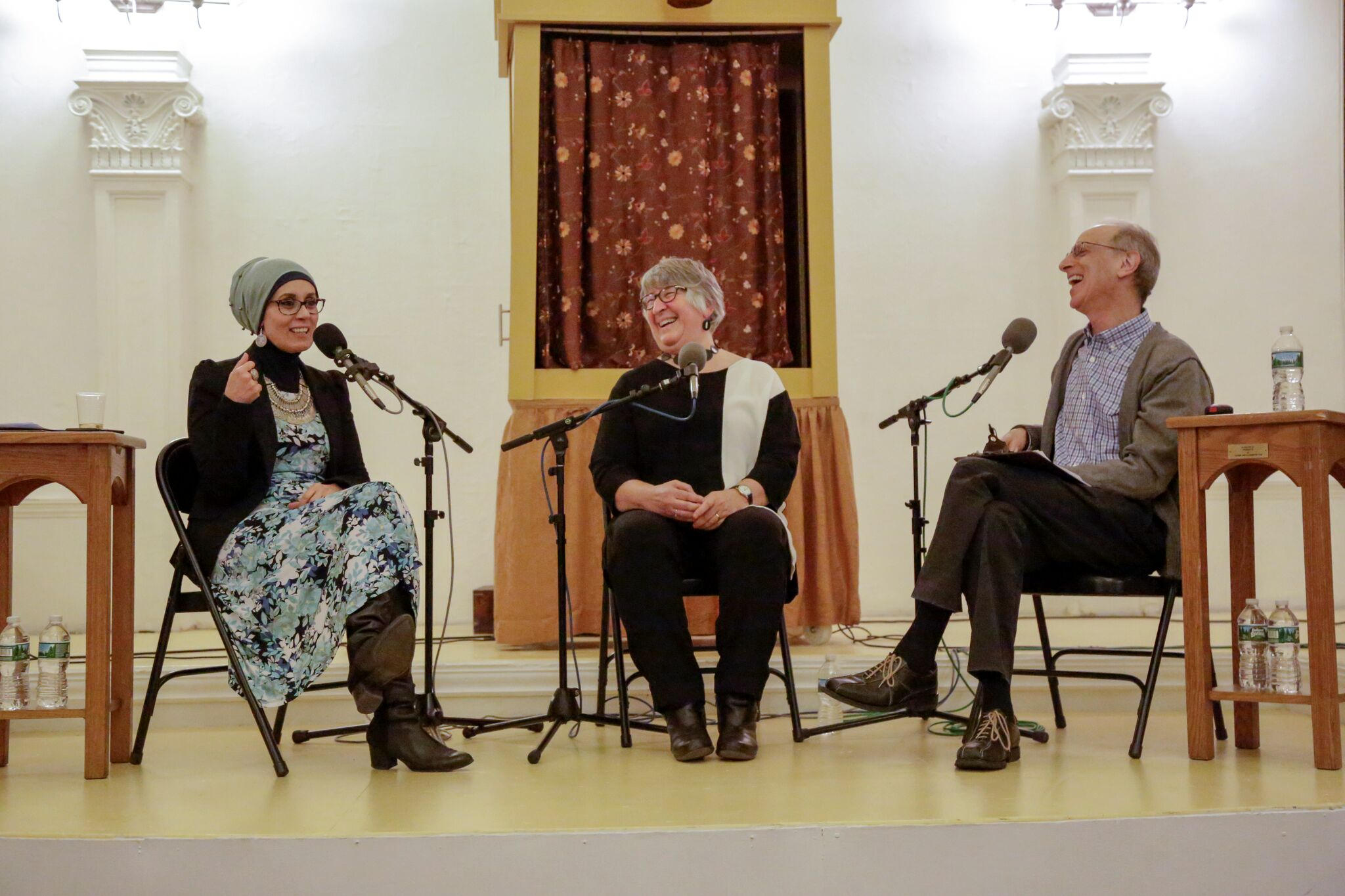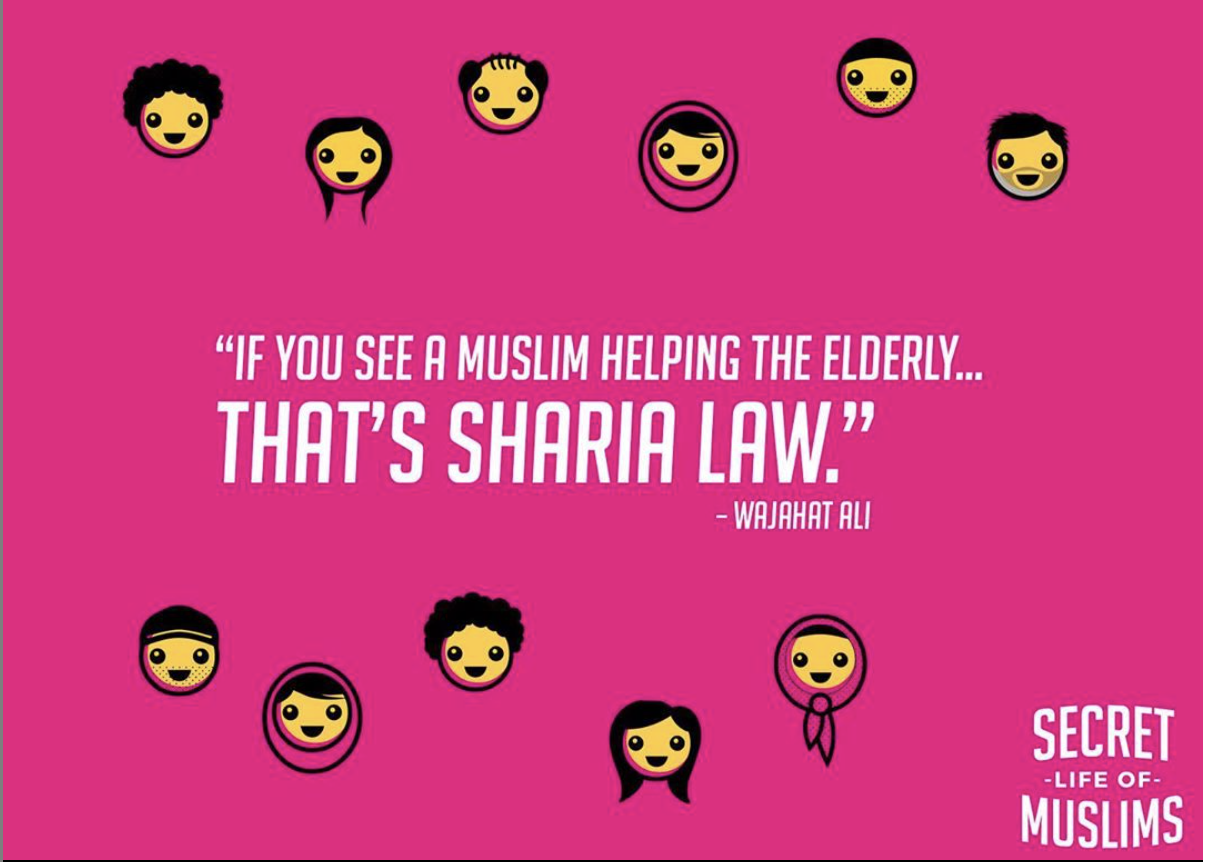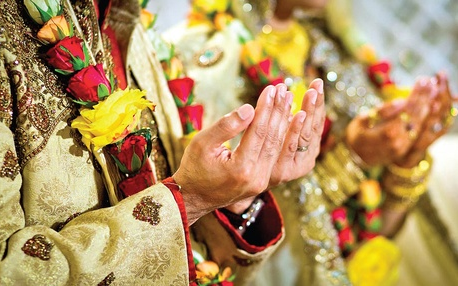“Say: She is Allah, She is One, She is Eternal
She begets not nor is She begotten
And there is none equal unto Her.”
-The Holy Quran: Surah Ikhlas (Absoluteness), 112
The above verse defines the Omnipotence of God in Islam.
Emphasizing, as per its title the concept of Absoluteness, the verse lays the framework for “Tawhid” or the Oneness of Allah.
It is that Oneness that gives Allah power. It is that Oneness that connects us as a single humanity. It is that Oneness that serves as a reminder that — before God — every individual is simply a speck in a vast and humbling universe.
It puts the enormity of our problems into perspective. It makes us check our ego at the door.
It serves as a reminder that we humans are not that different from one another, having all originated from One God, who resides inside each of us, while remaining in existence far beyond our wildest imagination.
Traditionally acknowledged by all Islamic schools of thought as being beyond gender, Allah is regarded as encompassing both masculine and feminine characteristics.
Nonetheless, in contradiction of this concept, the vast majority of Muslims now refer to Allah by the masculine pronoun of “He” without reservation and in the Quran the pronoun “She” is never mentioned. Surah Ikhlas is no different.
By altering tradition — and amending the translation from the (now) traditional “He” to “She” — does the collective consciousness of the Ummah shift?
Do we authentically reclaim The Divine Feminine inside Allah that was acknowledged 1400 years ago?
Do we eliminate the neo-patriarchal paradigm that infects the Islam of our “modern” era?
In practice, today calling Allah “She” is considered a subversive and radical act, leaving the most privileged adherents of our faith gasping for breath and madly in search of a patriarchal leg to stand on.
I witnessed the phenomenon unfold for the first time at an interfaith gathering on Feminism and Faith. After I suggested we Muslims may refer to Allah as “She” I heard a frightened, young Muslim man yell, “No!” – interrupting my talk.
It was not a surprise. Before I had begun, he had questioned my legitimacy in speaking at all. Why not? I am a woman and we are normally silenced in patriarchal religious systems most often by the questioning of our credentials, which are only available to men in the first place.
Now he said — “We must not change the words of the Holy Book! You are changing the Arabic. Do you even know Arabic sister?!”
I smiled.
Read more.

